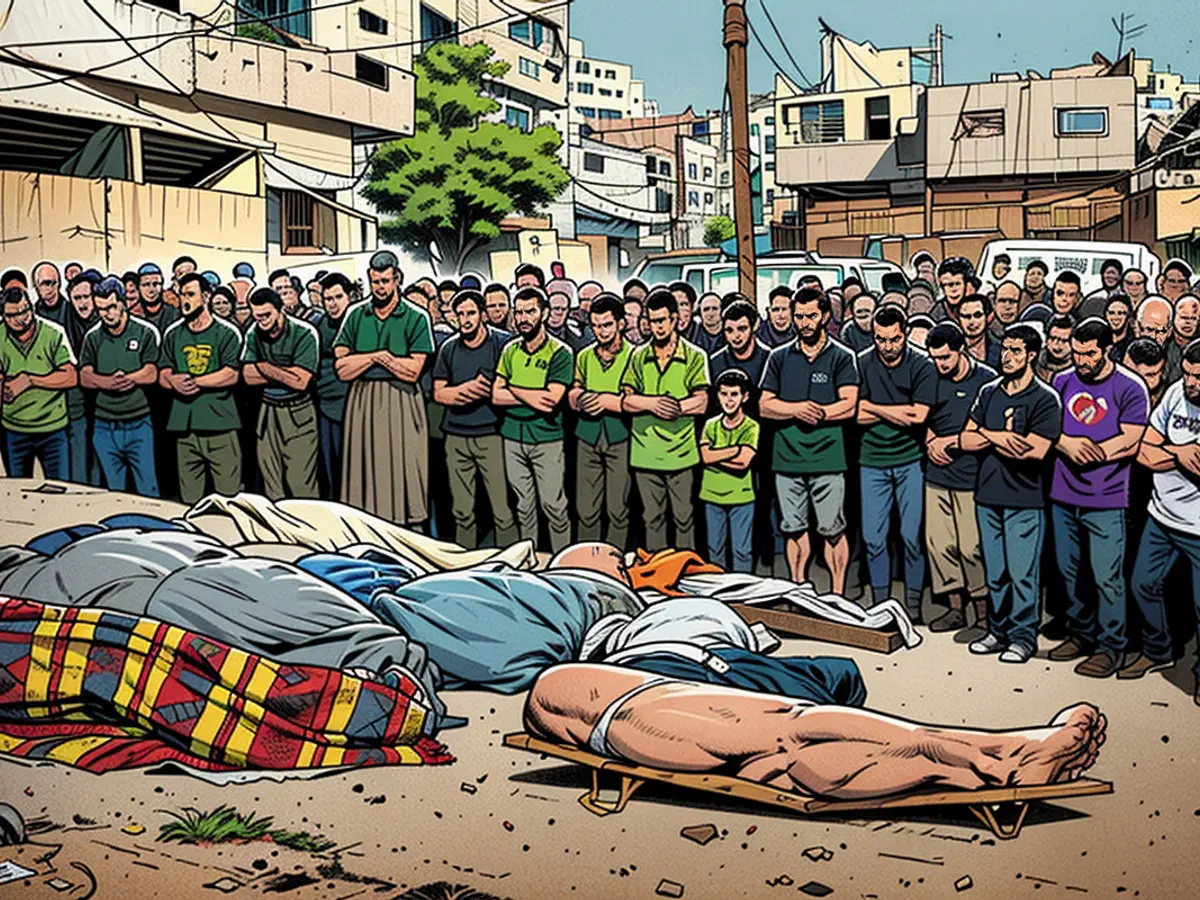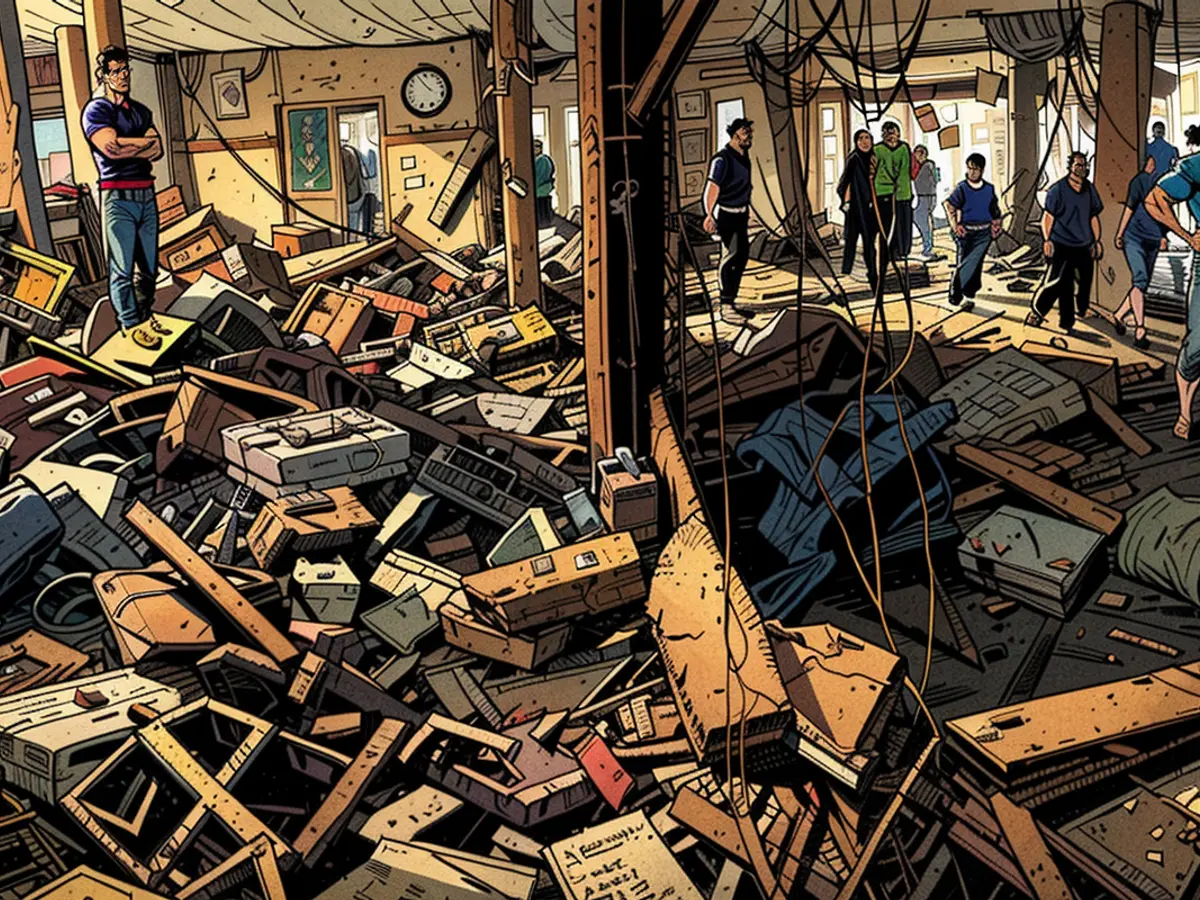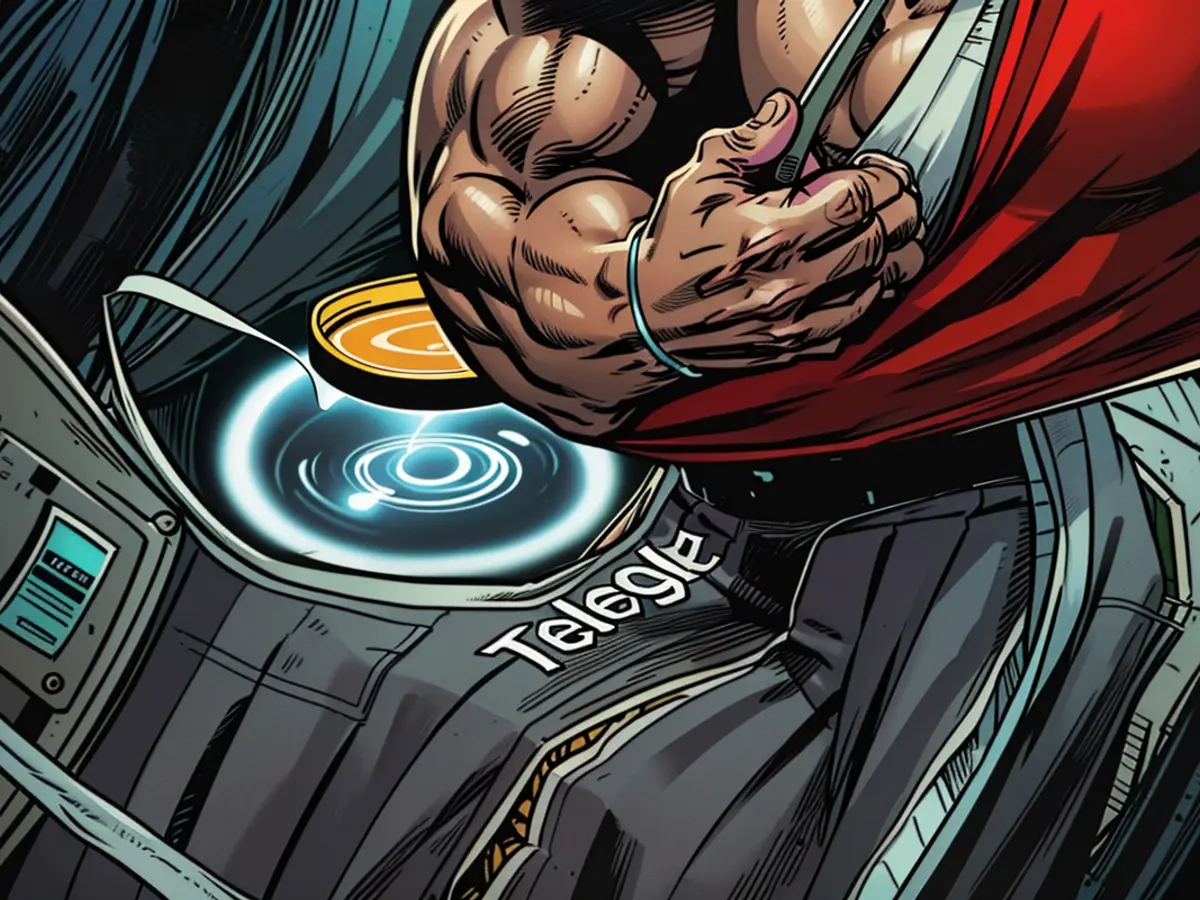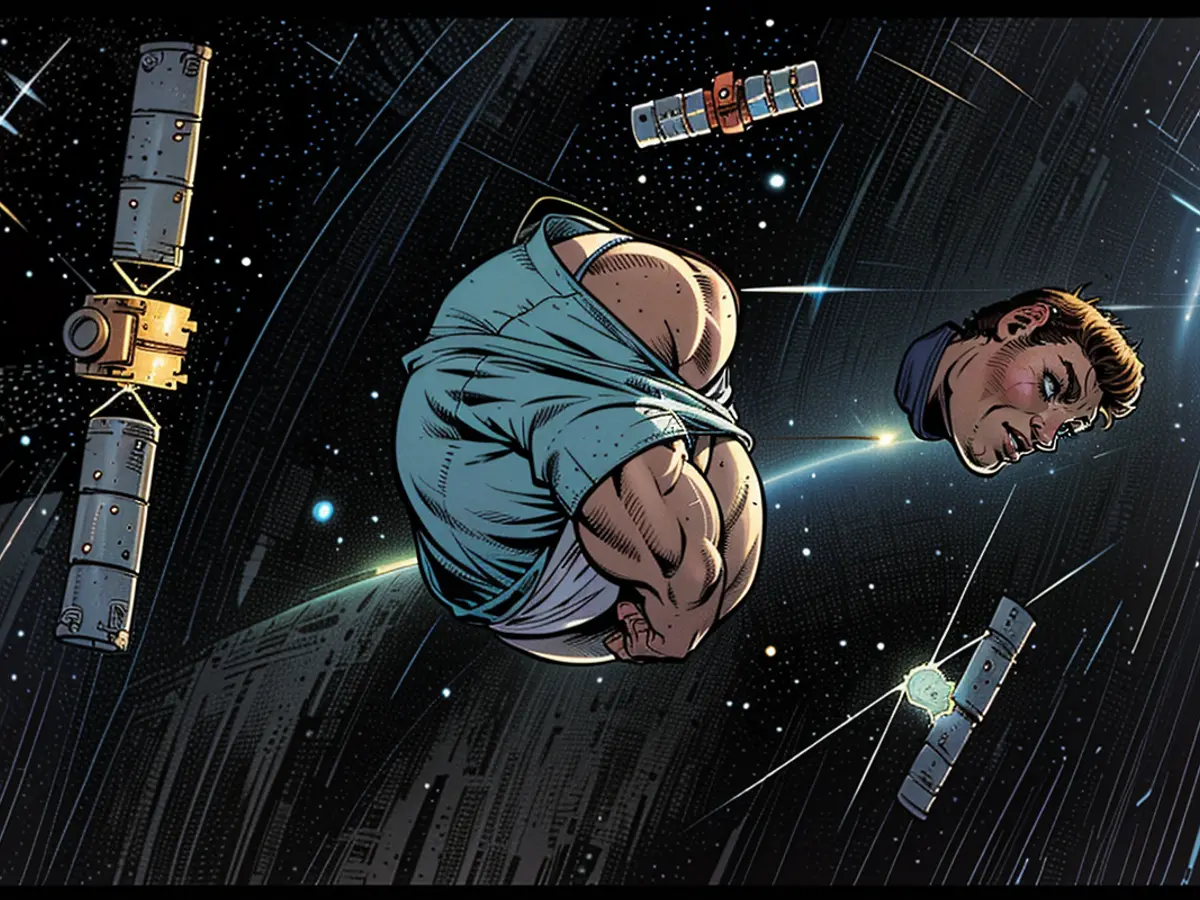Israel y Estados Unidos se preparan para el ataque iraní mientras los diplomáticos presionan por un alto el fuego en Gaza
Mediadores han instado a Israel y Hamas a regresar a la mesa de negociaciones en un esfuerzo renovado para alcanzar un acuerdo de alto el fuego después de que las conversaciones corrieran el riesgo de descarrilarse por los recientes asesinatos de líderes de Hezbollah y Hamas, que Irán y su proxy libanés han jurado vengar.
Las negociaciones reanudarán en la capital egipcia El Cairo o en la capital catarí Doha el jueves. La semana pasada, Estados Unidos, Egipto y Catar - clave en las negociaciones entre Israel y Hamas - dijeron que presentarán una "propuesta final de puente" y pidieron a ambas partes que asistan.
Un importante ataque de represalia de Irán contra Israel podría poner en riesgo las conversaciones de alto el fuego que los oficiales estadounidenses dijeron que estaban en una etapa avanzada antes del asesinato del líder político de Hamas, Ismail Haniyeh, en Teherán, que Irán atribuyó a Israel. Israel no ha confirmado ni negado su responsabilidad.
En un comunicado conjunto el domingo por la noche, Francia, Alemania y el Reino Unido respaldaron los llamamientos a las partes en conflicto para alcanzar un acuerdo, diciendo que "no puede haber más retrasos" dadas las crecientes tensiones en la región.
Sin embargo, si las conversaciones seguirán adelante es incierto. Israel dijo que enviará una delegación a las conversaciones del jueves, pero Hamas aún no ha confirmado su asistencia, aunque ha señalado que aún quiere un acuerdo.
Después del asesinato de Haniyeh, el líder supremo de Irán, el ayatolá Ali Khamenei, dijo que su muerte "no quedará impune", y la Guardia Revolucionaria Islámica advirtió que la "venganza de sangre" por el asesinato es "cierta".
Han habido algunas indicaciones de que Irán puede abandonar los planes de atacar a Israel si se alcanza un acuerdo de alto el fuego. Pero la misión de Irán ante la ONU dijo el sábado que su represalia por el presunto asesinato de Haniyeh por Israel es "totalmente independiente del alto el fuego de Gaza", y añadió que tiene derecho a la legítima defensa.
Estados Unidos e Israel continuaron los preparativos para esa situación durante el fin de semana. El secretario de Defensa de EE. UU., Lloyd Austin, ordenó a un submarino lanzamisiles, el USS Georgia, que se dirija al Oriente Medio y aceleró la llegada de un grupo de ataque de portaaviones a la región, dijo el Pentágono el domingo por la noche. Estados Unidos también liberó 3.500 millones de dólares a Israel para gastar en armas y equipo militar estadounidense, meses después de que fuera aprobado por el Congreso. Y el lunes, el ejército israelí suspendió los vuelos de vacaciones para el personal permanente en previsión de un ataque.
La misión de Irán ante la ONU dijo que espera que su ataque a Israel "se cronometre y se lleve a cabo de manera que no perjudique al posible alto el fuego".
" Siempre han existido canales oficiales directos e intermedios para el intercambio de mensajes entre Irán y Estados Unidos, whose details both parties prefer to keep untold", added.
Meanwhile, Hezbollah - the Iran-backed militant group in southern Lebanon - fired a barrage of about 30 rockets toward northern Israel Sunday night. Although rocket fire toward Israel from Lebanon has become a near-daily occurrence since the outbreak of war in Gaza, Israeli officials fear a larger-scale response from Hezbollah after the assassination of the group’s top military commander Fu’ad Shukr in a Beirut suburb last month
But as the world watched Iranian airspace and the Israel-Lebanon border, the worst of the weekend’s fighting was again confined to the Gaza Strip, as an Israeli strike on a mosque and school in Gaza City killed at least 93 Palestinians on Saturday, according to local officials.

With the number of Palestinians killed during 10 months of war edging closer to 40,000, Israel’s strike sparked global condemnation. Qatar and Egypt condemned the strike, calling it a violation of international law, and the US National Security Council said the White House was “deeply concerned” about reports of civilian casualties.” In the aftermath, the three mediators renewed their calls for the warring parties to agree to a ceasefire deal.
Although the Israel Defense Forces (IDF) said it had targeted a Hamas command post and killed several fighters, the strike was a reminder that, despite its earlier claims to have dismantled Hamas in the north of the Strip, the militant group has reassembled in areas previously deemed clear.
Renewed talks
After Haniyeh’s assassination, Hamas named Yahya Sinwar – its leader in Gaza and one of the masterminds of the October 7 attack on Israel – as the new head of its political bureau, suggesting that Hamas’ most extreme faction had taken over, further dimming hopes of a ceasefire deal.
But, following the call from mediators last week to return to talks, Hamas requested a plan to implement the existing offer proposed by US President Joe Biden in July, rather than pursuing additional negotiations.
“Out of concern and responsibility towards our people and their interests, the movement demands the mediators to present a plan to implement what they presented to the movement and agreed upon on July 2, 2024, based on Biden’s vision and the UN Security Council resolution, and to compel the occupation (Israel) to do so, instead of going for further negotiation rounds or new proposals”, Hamas said in a statement Sunday.
Egyptian and Qatari mediators have told Israel that Sinwar wants a deal, an Israeli source familiar with the matter told CNN. The source said that US officials have made clear to their Israeli counterparts that the time to strike a deal is now, in order to prevent a regional war.
But, despite growing pressure at home to help bring the hostages home, Israeli Prime Minister Benjamin Netanyahu has repeatedly stymied attempts to reach an agreement.
“Nobody knows what Bibi wants”, one Israeli source said, calling Netanyahu by his nickname.
CNN’s Jeremy Diamond and Lauren Izso contributed reporting.
Dadas las tensiones persistentes en Oriente Medio, es fundamental que Estados Unidos, Egipto y Catar presenten con éxito su "propuesta final de puente" durante las negociaciones, ya que un acuerdo de alto el fuego podría tener un impacto significativo en todo el mundo. Cualquier ataque a gran escala de Irán contra Israel podría potencialmente escalar el conflicto y afectar negativamente la estabilidad global.







